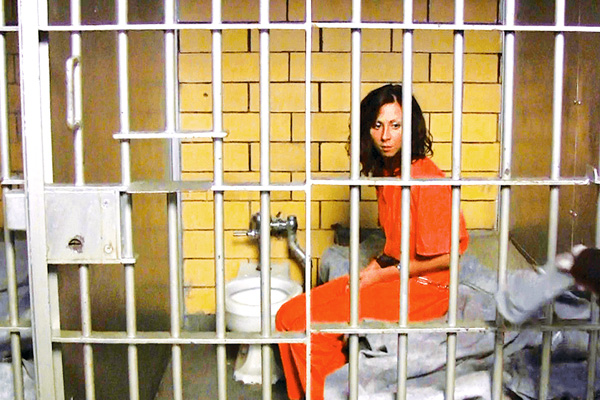LISTEN – DO LESS HARM –
August 26, 2021 – Over 70% of those incarcerated have at least one mental health diagnosis or substance use disorder, and nearly 30% have a serious mental illness, much higher than the rate found in the general public. Another 574,000 are on probation. “Because we don’t have adequate facilities to care for those with serious mental illnesses, the jails and prisons have become the largest repository for them,” Ornstein emphasizes. “We do not treat serious mental illnesses as illness,” says Judge Steve Leifman, Associate Administrative Judge of the Miami-Dade County Court 11th Judicial Circuit of Florida, who in 2000, established a mental health project (a national model and the subject of the PBS film) to divert people with serious mental illnesses from the criminal justice system into treatment. “If we are going to fix the problem, we need to change the system and treat mental illness as a physical illness. We would never put a person with cancer, heart disease, or diabetes in handcuffs and put them in the back of a police car or jail, to get them treatment.” … “In many ways, the criminal justice system is the result of many failed public policies. And there are no more failed policies than our treatment of people with serious mental illness. If you think about it, it makes sense, because we have applied a criminal justice model to an illness, rather than a population health and disease model, where we would get better outcomes.” What is the best way to get the best possible outcomes? Ornstein says, “Training is key, but not the only thing. We desperately need early intervention to identify mental health issues, even among law enforcement. And we must grapple with the causative effects of nature and nurture.”
And there is much more to address – create a cultural shift, reduce recidivism rates, address homelessness and racial disparities, reduce police shootings, and improve in-and-out patient community health services.



